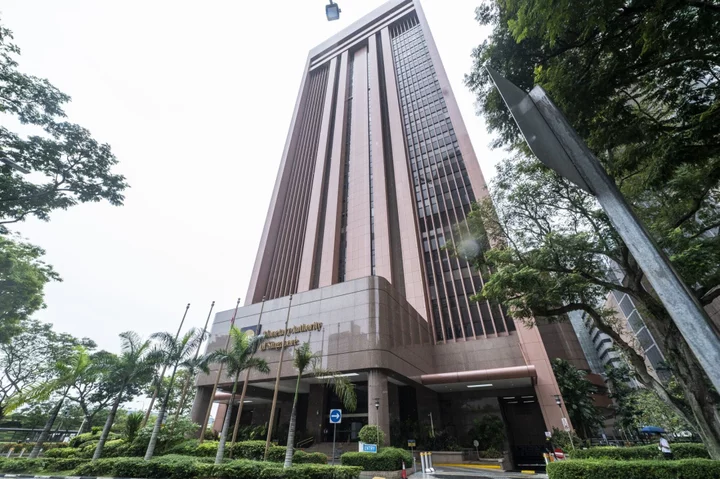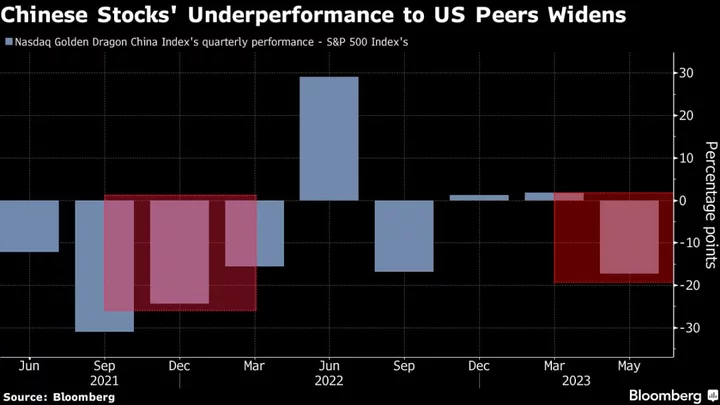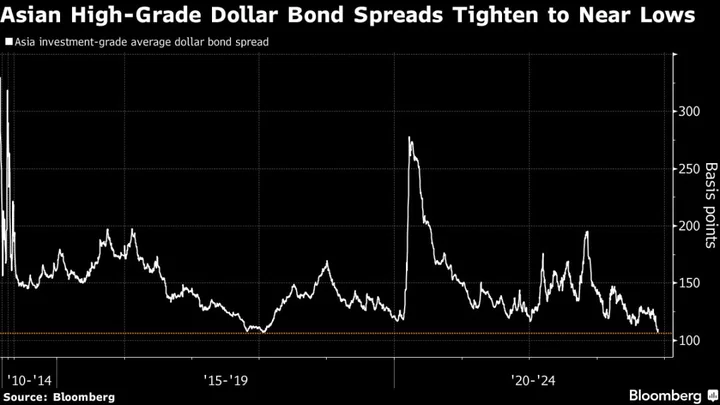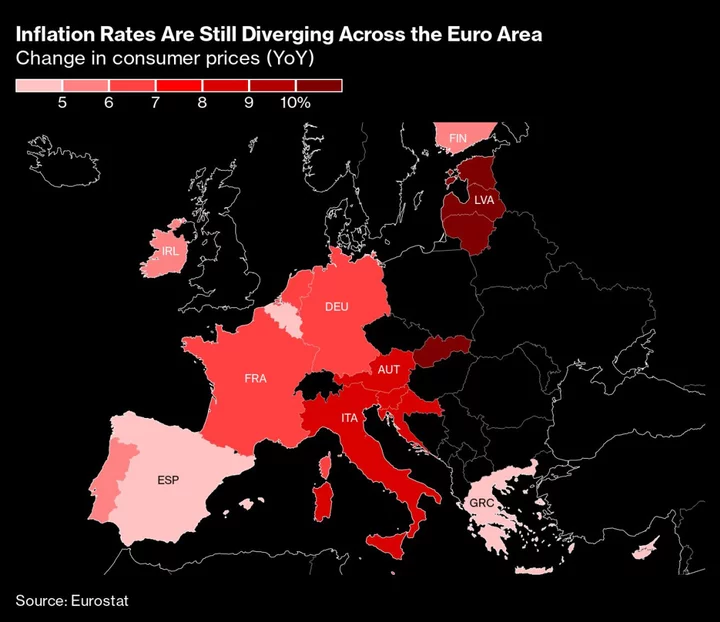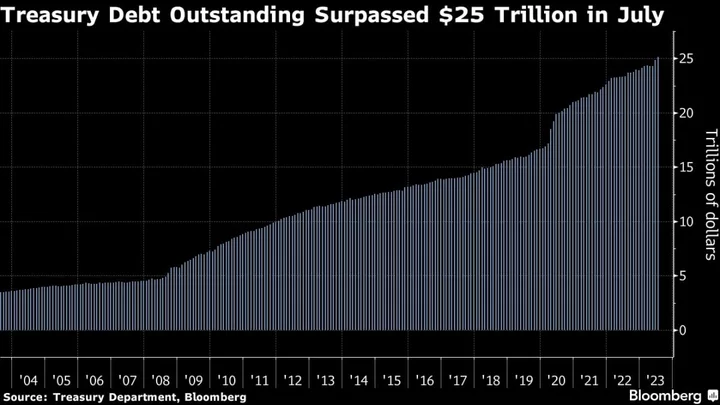Singapore’s central bank kept monetary policy settings unchanged for a second straight meeting, as core inflation wanes and economic growth concerns linger.
The Monetary Authority of Singapore, which uses the exchange rate as its main policy tool rather than interest rates, maintained the slope, width, and center of the currency band unchanged, it said in a statement Friday.
All 18 economists in a Bloomberg survey had predicted the MAS will maintain policy settings.
The MAS guides the local dollar against a basket of its major trading partners and adjusts the pace of its appreciation or depreciation by changing the slope, width and center of the currency band. It doesn’t disclose details of the basket, or the band or the pace of appreciation or depreciation.
Health of the economy is the main concern for policymakers now, even after third-quarter data showed gross domestic product growth surprised on the upside. Still, anemic global demand has kept exports in contraction, weighing on the trade-reliant city-state.
The MAS reiterated the government’s forecast for a full-year expansion of 0.5%-1.5%, saying growth is expected to come in at the lower half of that range. The monetary authority also announced a shift to a quarterly policy review from the current twice-a-year.
“Singapore’s GDP growth is expected to improve gradually over 2024,” the authority said in the statement. “However, the global economic outlook remains uncertain and the domestic recovery could be weaker than expected,” it said, judging the current appreciating path of the Singapore dollar’s nominal effective exchange rate or S$NEER to be sufficiently tight.
Friday’s decision extends the MAS pause in April after five rounds of tightening between October of 2021 and 2022 to blunt the impact of imported inflation.
Even as price gains have trended lower, the monetary authority isn’t ready yet to a pivot to easing amid potential risks to price pressures. The conflict in the Middle East is threatening to push up energy costs, with gas, electricity and water prices set to rise in the coming months.
Also, a one percentage point hike in a consumption tax will kick-in at the start of 2024. For now, the government has unveiled measures to shield citizens from higher costs of living.
“Surprise is the switch to quarterly MAS meeting,” said Selena Ling, chief economist at Oversea-Chinese Banking Corp in Singapore, as she said the manufacturing sector contraction in the third-quarter was less than expected.
--With assistance from Tomoko Sato, Aradhana Aravindan, Natalie Choy, Xiao Zibang and Chester Yung.
(Updates with details throughout.)

